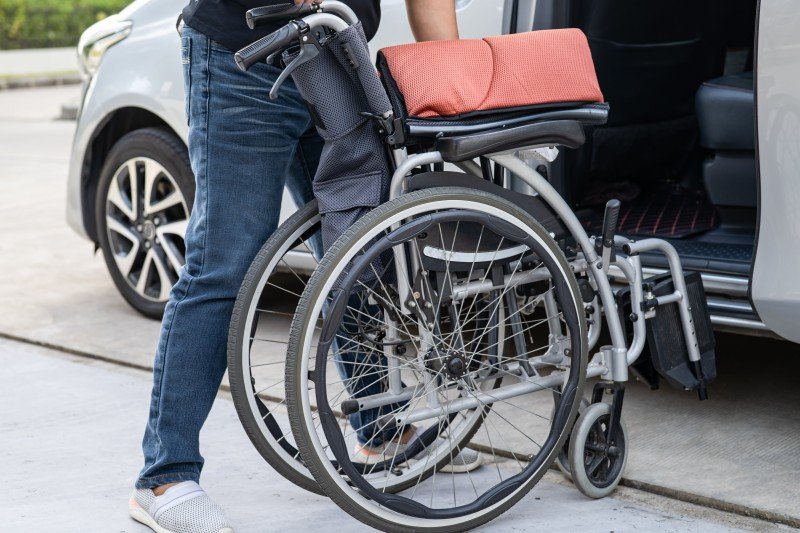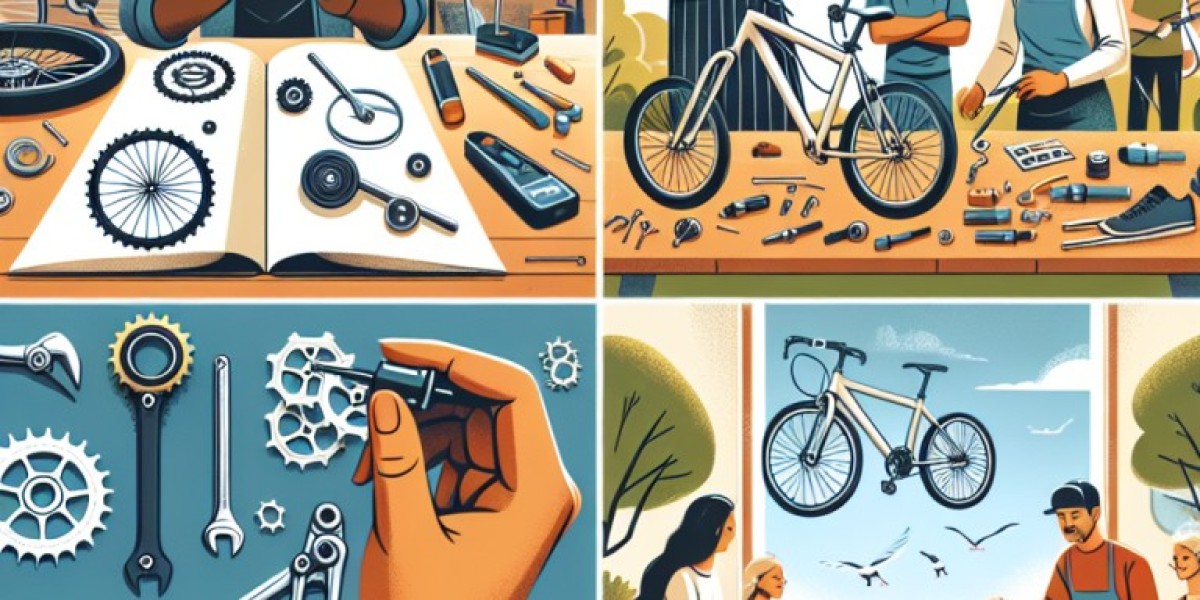Exploring Disability Scooters for Sale Near Me: A Comprehensive Guide
In the modern world, mobility aids have actually become increasingly sophisticated and accessible, boosting the quality of life for individuals with disabilities. Among these aids, disability scooters stand out as a versatile and effective service, providing flexibility and self-reliance to those who might discover conventional strolling aids limiting. This article looks into the world of disability scooters, exploring how they work, the benefits they offer, and where to discover them for sale near you.

What Are Disability Scooters?
Disability scooters, likewise called mobility scooters or electric scooters, are motorized lorries designed to help people with mobility problems. These scooters are typically geared up with a seat, handlebars for steering, and a variety of functions that boost comfort and security. They are powered by rechargeable batteries and can be used both inside and outdoors, depending upon the design.
Types of Disability Scooters
Three-Wheeled Scooters
- Pros: More maneuverable in tight spaces, lighter and frequently simpler to carry.
- Cons: Less stable on uneven surfaces, may feel less protected for some users.
Four-Wheeled Scooters
- Pros: Greater stability and balance, better for outdoor usage, particularly on rough surface.
- Cons: Less maneuverable in tight spaces, typically heavier and more difficult to transport.
Travel Scooters
- Pros: Designed for easy disassembly, making them perfect for travel.
- Cons: May have a much shorter variety and lower speed compared to full-sized models.
Durable Scooters
- Pros: Built to support higher weight capacities, often more long lasting and strong.
- Cons: Heavier and less portable, may require more maintenance.
Standing Scooters
- Pros: Provide an option for users who choose or need to stand.
- Cons: Less typical, might not be as comfortable for long-lasting usage.
Advantages of Disability Scooters
Boosted Mobility
- Disability scooters enable users to take a trip longer distances and navigate different environments with ease, from grocery stores to outdoor parks.
Increased Independence
- By reducing the requirement for assistance, these scooters empower users to preserve their independence and perform day-to-day activities more conveniently.
Improved Quality of Life
- Scooters can significantly boost social and recreational activities, permitting users to get involved in neighborhood occasions and preserve a more active way of life.
Cost-efficient
- Compared to other mobility aids like power wheelchairs, scooters are typically more cost effective and have lower maintenance expenses.
Personalized
- Many scooters featured alternatives for personalization, including adjustable seats, speed settings, and additional safety functions.
Where to Find Disability Scooters for Sale Near Me
When searching for disability scooters for sale, there are a number of alternatives offered to ensure you find the right fit for your requirements.
Local Mobility Aid Stores
- Pros: Opportunity to test drive and see the scooters personally, well-informed personnel for customized advice.
- Cons: Limited choice compared to online stores, might be more pricey due to overhead expenses.
Online Retailers
- Pros: Wide variety of models and brand names, frequently more competitive rates, benefit of shopping from home.
- Cons: Can not evaluate drive before purchasing, possible shipping costs and delays.
Specialty Dealers
- Pros: Specialized in mobility aids, frequently provide extended warranties and financing alternatives.
- Cons: May be more expensive, less physical locations.
Second-Hand Markets
- Pros: Affordable options, opportunity to examine and test the scooter before buying.
- Cons: Limited service warranty, may require upkeep or repairs.
What to Consider When Buying a Disability Scooter
User Needs and Abilities
- Physical Condition: Consider the user's strength, mastery, and stability.
- Lifestyle: Think about where the scooter will be utilized most frequently (inside, outdoors, both).
Scooter Features
- Range and Battery Life: Ensure the scooter can manage the distances you need to travel.
- Speed and Maneuverability: Choose a scooter that matches your speed preferences and the areas you browse.
- Weight Capacity: Verify that the scooter can support the user's weight.
- Storage and Transport: If you need to carry the scooter, look for models that are lightweight or easy to disassemble.
Safety and Comfort
- Braking System: Check for reliable and responsive brakes.
- Seating: Opt for a comfy and adjustable seat.
- Lighting and Accessories: Consider features like headlights, turn signals, and baskets for included benefit.
Spending plan and Financing
- Initial Cost: Compare rates from different retailers.
- Upkeep Costs: Factor in the expense of batteries, repairs, and routine maintenance.
- Financing Options: Some dealers use financing or lease-to-own programs.
Guarantee and Support
- Service warranty: Look for a detailed warranty that covers both parts and labor.
- Consumer Support: Ensure the seller provides dependable client service and assistance.
Frequently Asked Questions About Disability Scooters
Q: Are disability scooters covered by insurance?
- A: Many insurance policies, consisting of Medicare, can cover a portion of the cost of a disability Scooters for sale near me scooter. Nevertheless, coverage varies, so it's vital to talk to your supplier for specific information and requirements.
Q: How typically do I need to charge the battery?
- A: The frequency of battery charging depends on the design and use. Generally, you ought to charge the battery after each usage or at least as soon as a week if the scooter is not utilized day-to-day.
Q: Can I use a disability scooter on public transport?
- A: Yes, many disability scooters are designed to be portable and can be used on public transportation, such as buses and trains. However, it's a great concept to inspect the specific guidelines and regulations of your local transit authority.
Q: Are there any age constraints for using disability scooters?
- A: There are no rigorous age constraints, but users must have the ability to run the scooter securely. Many scooters are developed for older adults, but they can be used by anyone who requires support with mobility.
Q: Can I modify a disability scooter to fit my specific requirements?
- A: Many scooters offer personalization choices, such as adjustable seats and speed settings. For more comprehensive adjustments, it's best to speak with an expert mobility aid supplier.
Tips for Buying a Disability Scooter
Research Thoroughly
- Check out Reviews: Look for reviews from other users to get a sense of the scooter's performance and dependability.
- Compare Models: Consider various models and brands to find the one that best meets your needs.
Test Drive Before Buying
- If possible, test drive the scooter to ensure it feels comfortable and fulfills your requirements.
Request Professional Advice
- Consult with a doctor or mobility help specialist to get personalized recommendations.
Check for Local Incentives
- Some city governments and organizations offer incentives or subsidies for acquiring disability scooters. Talk to your regional disability services for additional information.
Think About Future Needs
- Think about any potential changes in your physical condition that may impact your scooter needs in the future.
Disability scooters are a valuable tool for improving mobility and independence for people with impairments. By thinking about the user's requirements, the features of the scooter, and the available choices for purchase, you can find the best scooter to fit your way of life. Whether you're going shopping at a regional shop or browsing online, making the effort to research study and test drive various designs will guarantee you make a notified and useful decision. With the right scooter, the world ends up being a more accessible and satisfying place.
Additional Resources
- Mobility Aid Providers: Check regional listings for service providers concentrating on disability scooters.
- Online Reviews: Websites like Consumer Reports and mobility help forums use in-depth reviews and user feedback.
- Federal government Programs: Look into local and nationwide programs that offer monetary help for mobility help.
By checking out these resources and following the suggestions outlined in this article, you can with confidence find and purchase a disability scooter that satisfies your specific needs and enhances your life.






